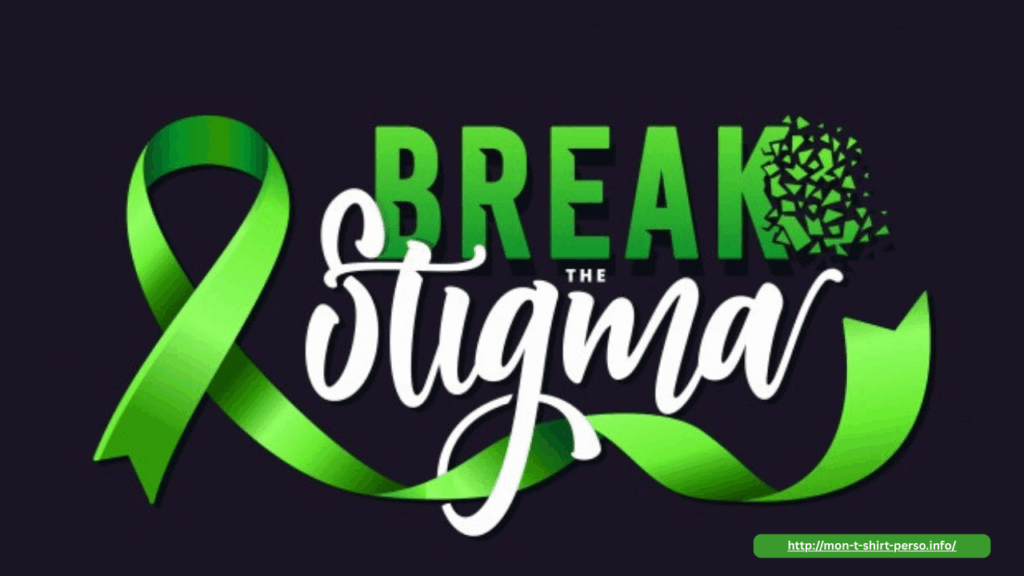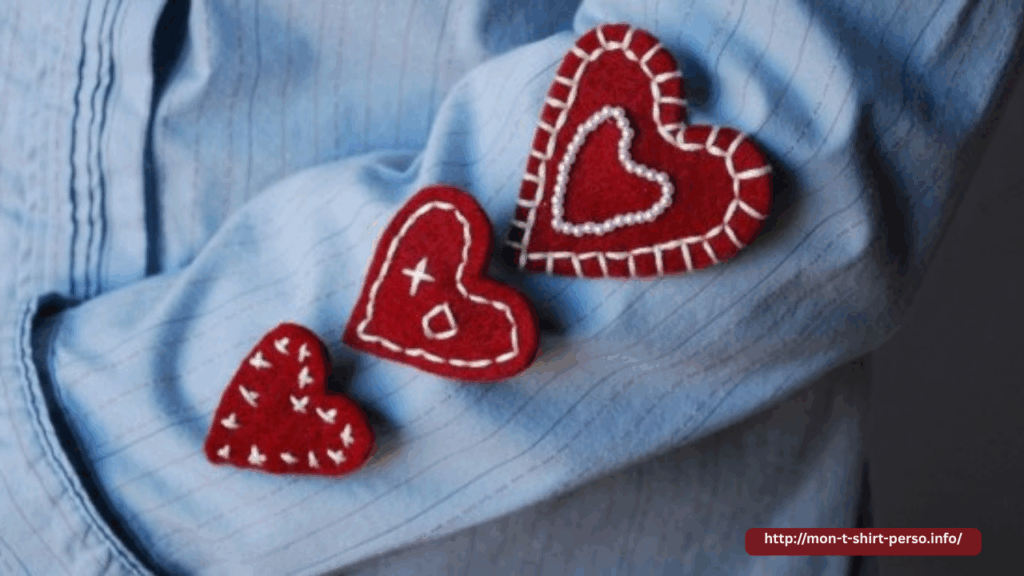
For generations, emotional expression—especially feelings like sadness, fear, or vulnerability—has been stigmatized as a sign of weakness. Phrases like “man up,” “don’t cry,” or “keep your emotions in check” have discouraged people from expressing their inner worlds. But this outdated mindset does more harm than good. In truth, the ability to express emotions openly and authentically is a profound strength that supports mental health, deepens relationships, and promotes resilience.
The Damage of Emotional Suppression
Suppressing emotions might create the illusion of strength, but it often leads to internal chaos. Bottled-up feelings don’t vanish—they accumulate. Over time, emotional suppression can contribute to anxiety, depression, and even physical symptoms like fatigue, headaches, or high blood pressure. When people are taught to hide their feelings, they also learn to disconnect from themselves, which can lead to emotional numbness and isolation.
For many, especially men or those in high-pressure environments, the fear of being seen as “too sensitive” keeps them from expressing their true emotions. Unfortunately, this silence can be deadly. Studies have shown that emotional repression is linked to increased rates of mental illness and even suicide. The cost of appearing “strong” on the outside can be a devastating internal toll.
Redefining Strength Through Vulnerability
True strength lies not in the ability to suppress emotion, but in the courage to face it head-on. Emotional expression requires vulnerability, and vulnerability demands bravery. It takes real courage to say, “I’m hurting,” “I’m scared,” or “I need help.” These moments of honesty are not signs of weakness—they are acts of strength that invite healing, connection, and growth.
When people express their emotions, they allow themselves to be seen authentically. This openness fosters trust in relationships and creates a safe space for others to do the same. Whether it’s talking to a friend, a therapist, or simply journaling, expressing emotions can help individuals process difficult experiences, regulate stress, and feel less alone.
Emotional Expression as a Tool for Resilience
Far from making us fragile, emotional expression builds resilience. By acknowledging and working through emotions, we become more self-aware and emotionally intelligent. We learn how to navigate life’s challenges rather than avoid them. This kind of inner strength leads to healthier decision-making, better communication, and stronger mental well-being.
Expressing emotions also helps us understand our triggers, needs, and boundaries. When we know how we feel—and are unafraid to express it—we gain the tools to advocate for ourselves and create supportive environments.
Changing the Conversation
Breaking the stigma around emotional expression starts with changing how we talk about emotions. It means celebrating vulnerability, encouraging open dialogue, and challenging the outdated belief that stoicism equals strength. It means teaching our children, our peers, and ourselves that emotional honesty is something to be proud of—not ashamed of.
In a world that often tells us to harden up, choosing to feel—and to express those feelings—might be the most powerful thing we can do.
